Mobile apps development for Android
We create apps that attract customers and bring in profits. We develop software for restaurants, taxi services, fitness centers, messengers, and much more
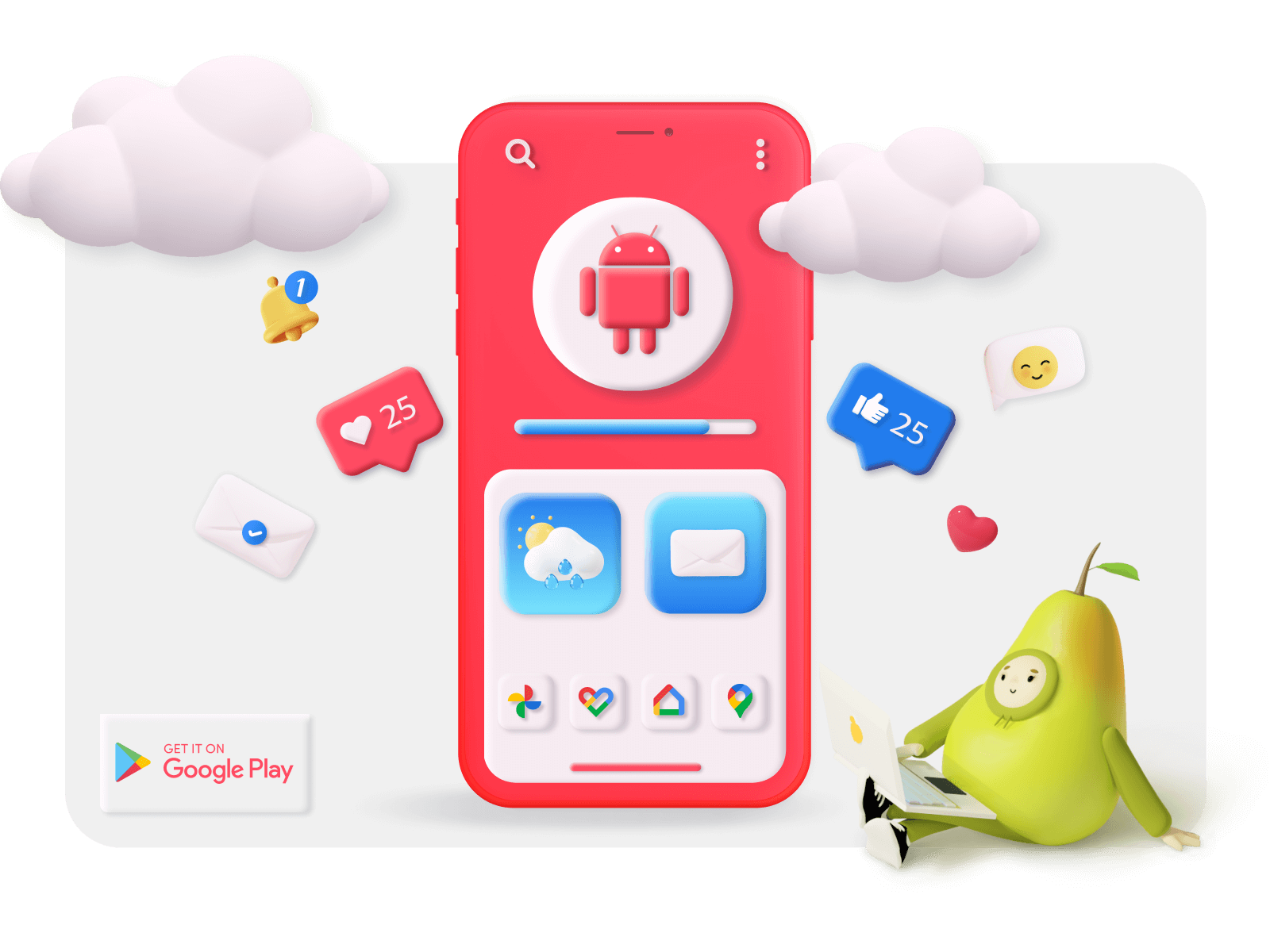
We create apps that attract customers and bring in profits. We develop software for restaurants, taxi services, fitness centers, messengers, and much more

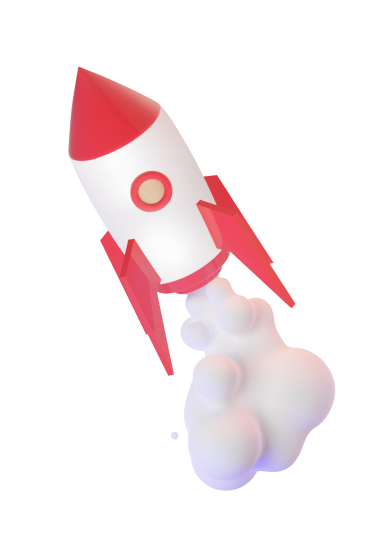
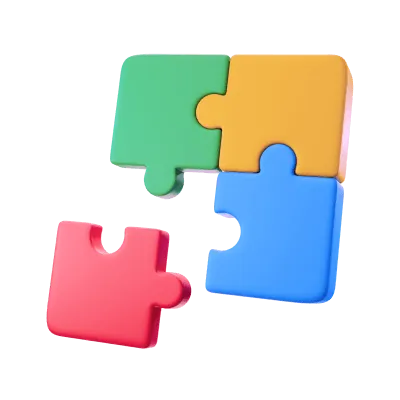
Do you have an innovative idea that hasn't been realized yet? Do you want to bring something new to the IT, food tech, or finance market? Our team of developers will bring your project to life and make your company a market leader

We don't hide the development process: you will always be in touch with our manager, who will address any questions that arise. We will continue to assist you even after the release with support and updates
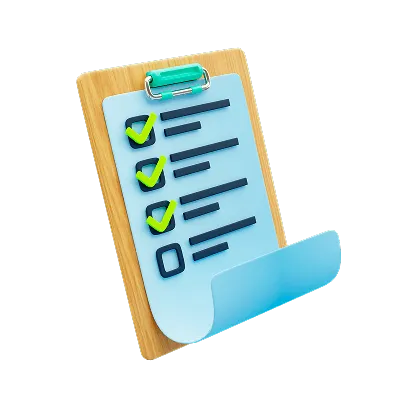
We don't hire freelancers or subcontractors – we handle everything ourselves. Our team includes UX/UI designers, developers, and testers who will execute your project
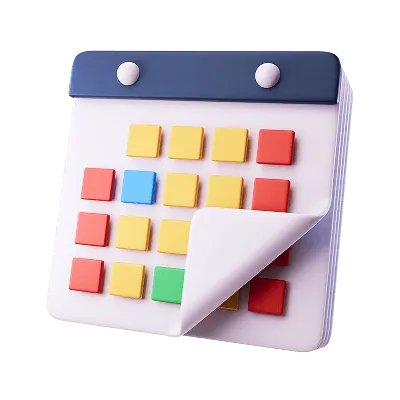
Every developer in our team is well-versed in algorithm theory and skilled in coding. This lets us quickly tackle tasks regardless of their complexity

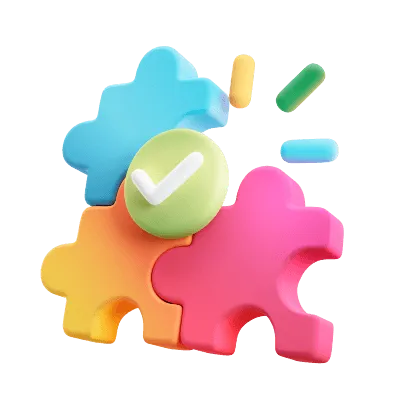
Need an app for Android TV or have an idea that's not on the market yet? We'll carry out the task and make you market leaders
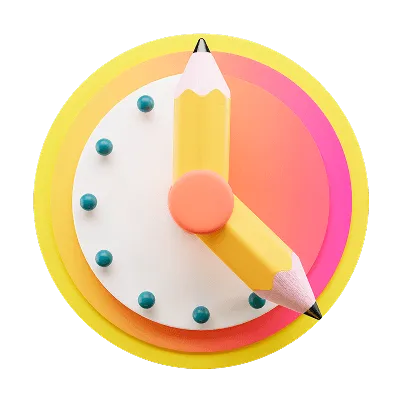
Natural disasters, bad weather, pandemics – these are not reasons to postpone a deadline. We'll release the project regardless of circumstances

We'll sign a non-disclosure agreement: rest assured your project will remain confidential until the release
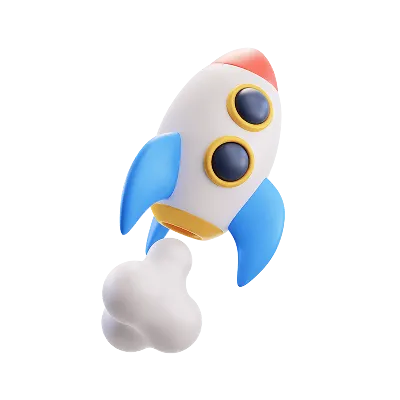
Everything we know about Android app development, we'll apply to your project. The "Fructorum" developers have experience in corporate, sports, gaming, financial apps, and more
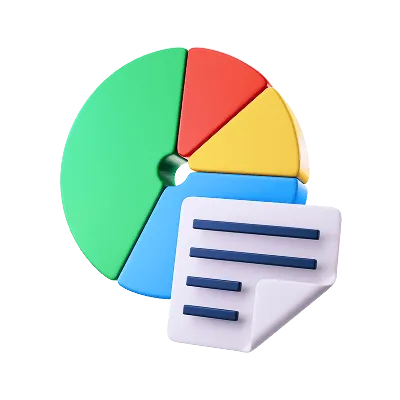
We'll handle all organizational tasks, including design, programming, and testing. You won't need to hire additional performers

We're confident in our abilities, so we offer a guarantee on all our products. If any issues arise, we'll resolve them for free
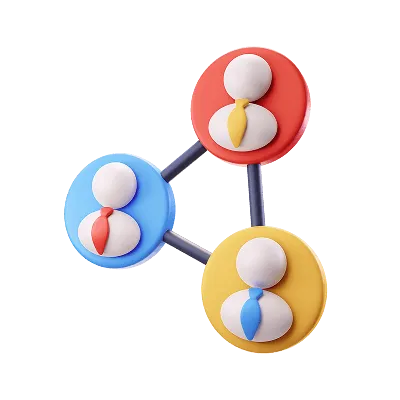
We don't hide the production process. Our manager will stay in touch with you and answer any questions you have

We analyze ideas and draw up a strategy for the project development. We study the industry, audience, and competitors' cases. At this stage, we create the terms of reference (TOR) and conduct user interviews
We visualize the strategies and insights gathered during the planning phase. Our designers develop scenarios, prepare an application prototype, and present it to you for approval
Based on the TOR and prototype, we write the code. We recommend native Android development. Cross-platform programming is also possible if you plan to adapt the app for iOS
We test the software for bugs to ensure they don't make it into the release. After each testing iteration, the developer implements necessary revisions
Once the app is ready, we send it into production. At this stage, the software has been checked for bugs and thoroughly tested
We assist with software support and publication: deployment, upgrades, updates, code refinement, and adding new features


Figma,
Photoshop,
Sketch

Swift,
Kotlin,
Flutter
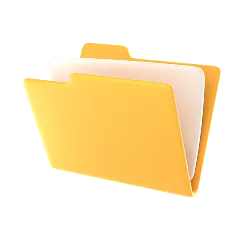
RubyOnRails,
Python,
Java


Any force majeure situations are not a reason to cancel an order. We will fulfill it, even if there's a pandemic, a blizzard, or an earthquake outside

Why do many studios offer development for $1000-$3000 rubles? They use drag-and-drop builders. We are advocates of clean code, so our applications are optimized for Android devices

If necessary, we will sign an NDA. We take responsibility for the execution and security of your project during the development phase. After the release, you will have all the rights to the code

Our team has over 150 projects behind in various market segments: education, health and sports, leisure, and more

After testing is complete, the application is ready for release on Google Play. It has been repeatedly tested under real load. However, to ensure that customers continue to use the app over the long term, it needs to be regularly updated and enhanced.
With us, you can order post-release app support. The same developers who worked on building the app will be responsible for this, as they are familiar with the software architecture and its capabilities.
We provide comprehensive app support, including:
Additionally, we can offer support for apps developed by third parties if you have open-source code

It depends on your target audience, but we generally recommend native development if:
If you plan to eventually port your software to other operating systems, such as iOS, then cross-platform languages like Flutter and React Native might be more suitable. Developing two native apps for Android and iOS is also an option
Usually, the complete development cycle takes 2-3 months when we're creating an application from scratch. With a large number of additional features, the timeframe can extend to six months
2-3 weeks is the time that is needed to develop a minimum viable product. It's good for testing or checking whether the audience is ready
Many studios use ready-made no-code builders that don't require programming skills. However, they lack debugging systems, and bug fixes take much more time. There are numerous limitations that make the application less flexible. And when it comes to performance and native programming, the no-code paradigm is not suitable at all
Certainly, if you have the code at hand that needs to be updated, features added, or bugs fixed, we can help. We will sign a non-disclosure agreement
Absolutely, we offer application support services: updates, adjustments, modernization, etc. This is discussed separately during the creation of the TOR or after the release

Ask your question and we will answer you individually



